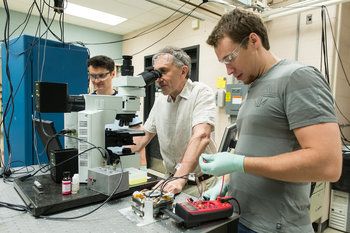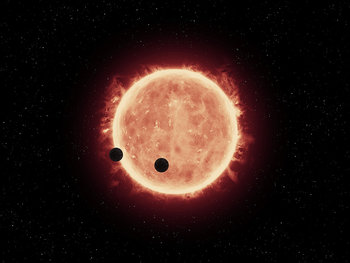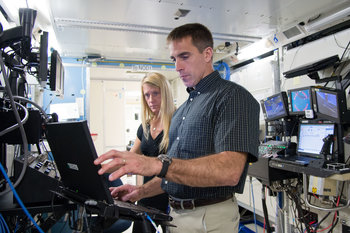
Explanatory Impotence
Explanatory impotence is the opposite of explanatory power. This indicates that a hypothesis is too specific to be useful in the real world. For example, the observation that if you heat a cookie to 1948°F that it quickly burns. This may be accurate but lacks relevance to real world problems.Assumption Trap
A hypothesis that includes many assumptions such that its validity is questionable. For example, a market research study that finds that 90% of customers agree that a cookie is tasty after trying it. This may have low explanatory power because customers may have been influenced by the kind gesture of a free cookie or may be inclined to like any food product that is high in sugar.Direct Cause
Generally speaking, the direct cause of an event has low explanatory power. For example, an employee who is terminated for insulting a customer may blame the fact that the customer did something that annoyed them. This is a highly specific cause that doesn't explain much.Root Cause
A root cause is the fundamental reason for an event. This has far greater explanatory power than a direct cause. For example, an employee who has low discipline and self-control such that they regularly act out against customers such that their termination was predictable or perhaps inevitable.Situational Knowledge
Theories that apply to a particular situation that may have value but low explanatory power. For example, the observation that a neighbor is always in a good mood in the morning and a bad mood in the evening. This may help you to negotiate some dispute with the neighbor but isn't of broad interest to the world.First Principles
First principles are well accepted theories that have extremely broad explanatory power. For example, the theory that people tend to choose the path of least resistance such that all else being equal they will often chose the most convenient option available.| Overview: Explanatory Power | ||
Type | ||
Definition (1) | The usefulness of a hypothesis or theory in explaining the real world. | |
Definition (2) | The degree to which a hypothesis or theory makes few assumptions, has significant predictive power and helps to reduce uncertainty in a precise and accurate way. | |
Related Concepts | ||



























